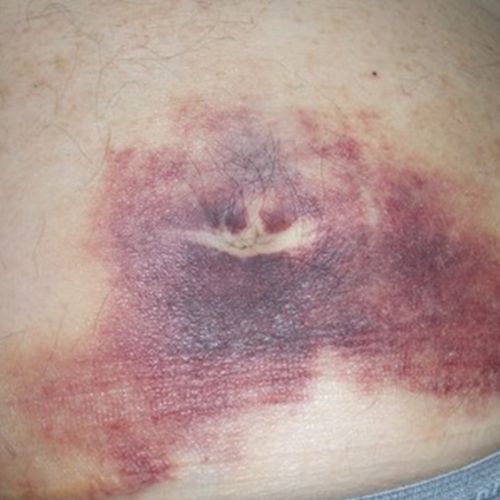Commonly used antidepressants such as Paxil, Zoloft and Prozac appear to be linked to an increased risk of abdominal bleeding, researchers report.
The Study
Lead researcher Dr. Michael Jones, an associate professor of gastroenterology at Northwestern University, and his team looked at 917 patients, 417 of whom had abdominal bleeding. Of those who had abdominal bleeding, 17% had used selective serotonin reuptake inhibitors (SSRI), compared with 12% who had not.
However, some of the patients who had abdominal bleeding had used painkillers, such as aspirin and other nonsteroidal antiinflammatory drugs (NSAIDs), as well as warfarin and Plavix, which inhibit clotting.
The researchers acknowledge that the patients who experienced bleeding were significantly more likely to be using more than one medication associated with an increased risk of abdominal bleeding.
"We found the overall risk for gastrointestinal hemorrhage for people taking SSRIs was almost double, compared with control subjects," says Jones.
Implications
Jones' team says their analysis confirms previous studies that have linked SSRIs and abdominal bleeding.
The researchers explain that serotonin is essential for normal clotting. SSRIs may prevent the platelets from getting the needed serotonin from the bloodstream, thereby increasing the risk of abnormal bleeding.
Reaction
The findings provoked mixed reactions from experts.
Dr. Francisco J. de Abajo from the Division of Pharmacoepidemiology and Pharmacovigilance at the Spanish Agency for Medicines and Medical Devices in Madrid, says the results confirm his own research, done in 1999.
"I am glad to hear from this study, whose results seem consistent with others that have been published," he says, including the one he wrote with his colleagues.
Other experts disagree. "You cannot conclude from these data that SSRIs increase the risk of abdominal bleeding," says Dr. Lorrin Koran, a professor of psychiatry and behavioral science at Stanford University School of Medicine.
These data are meaningless, he says, because the people who were bleeding were also taking other drugs that cause bleeding. The only way to find out if SSRIs contribute to the bleeding would be to look at people who are not taking any of the drugs associated with an increased risk of bleeding.
Koran believes that because SSRIs affect clotting, they could, theoretically, increase the risk of bleeding. "But it's not a serious problem," he claims.
